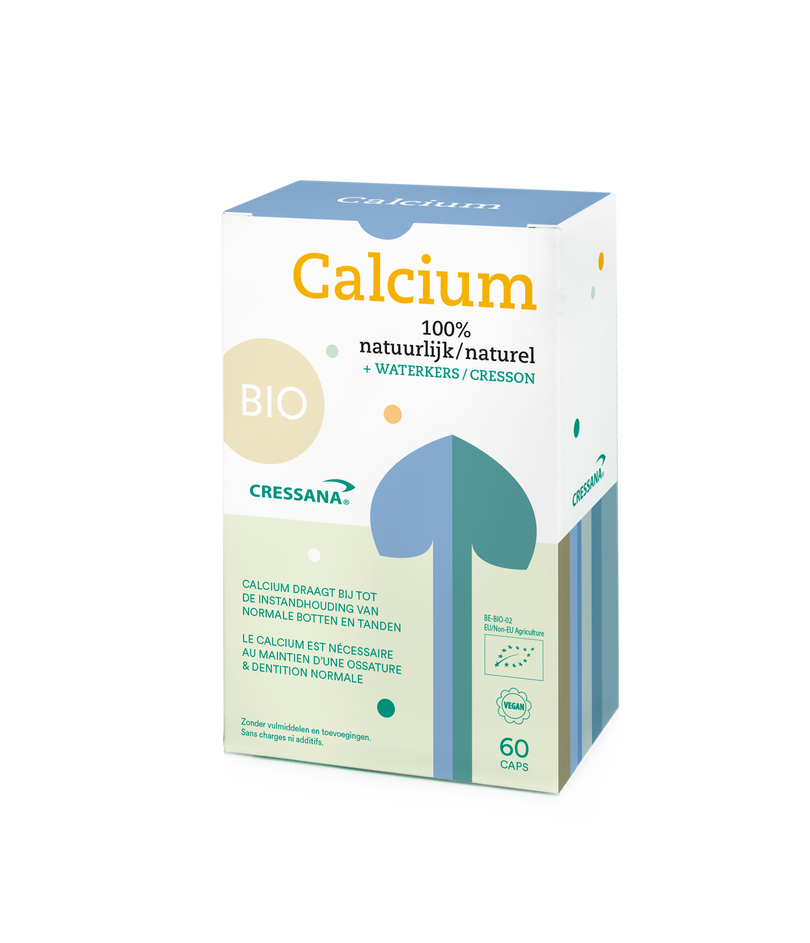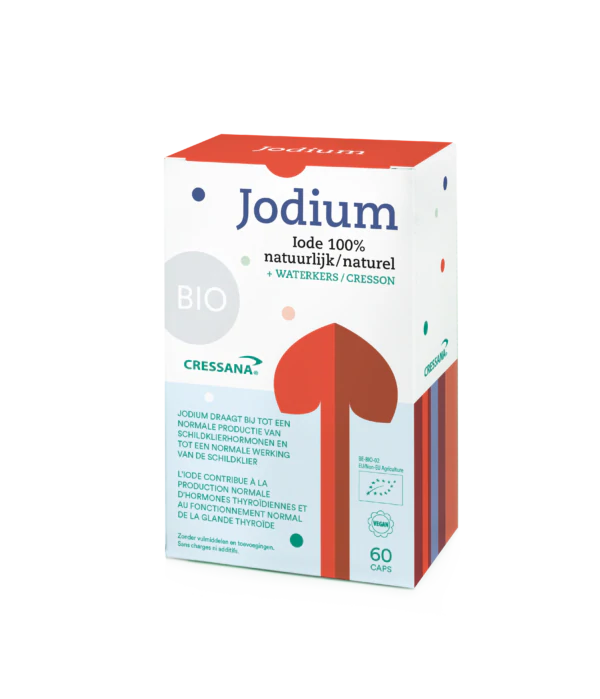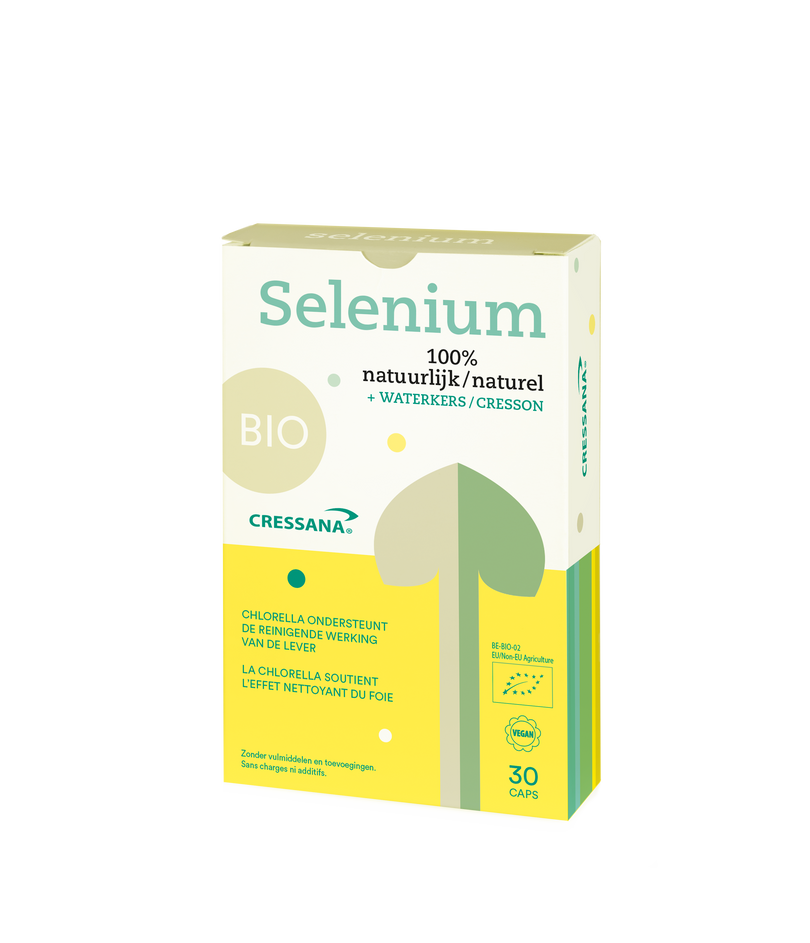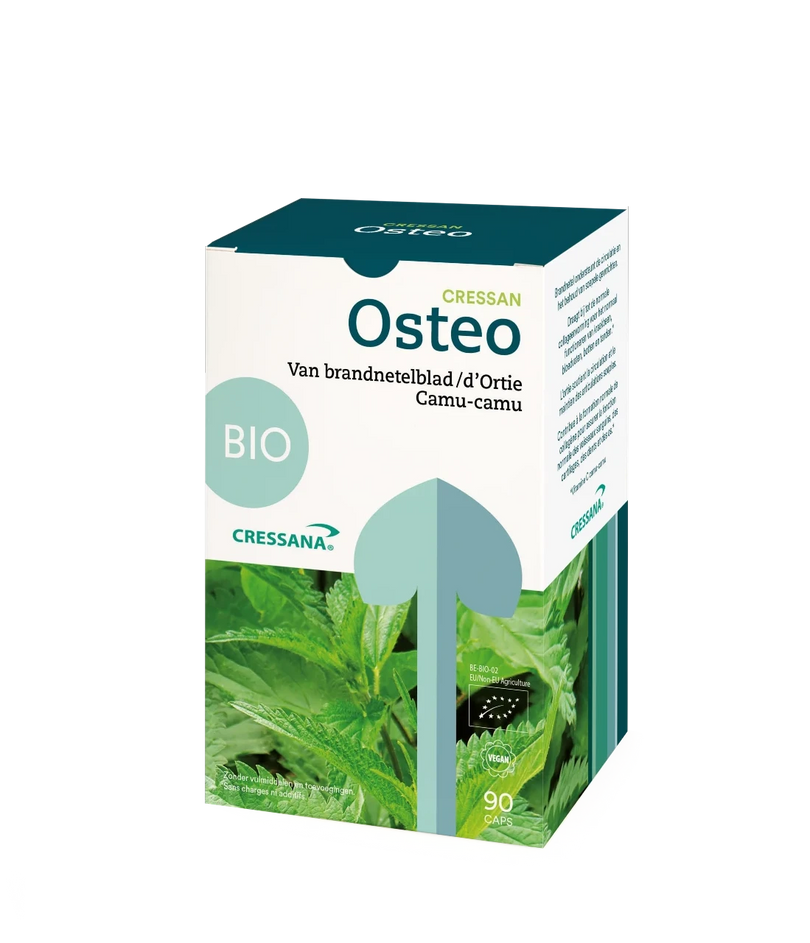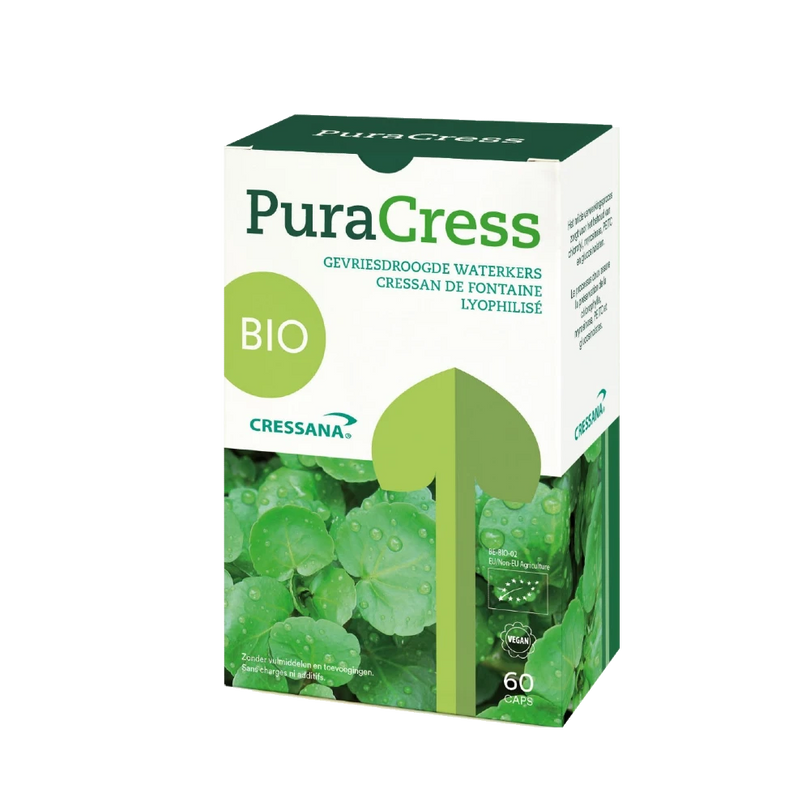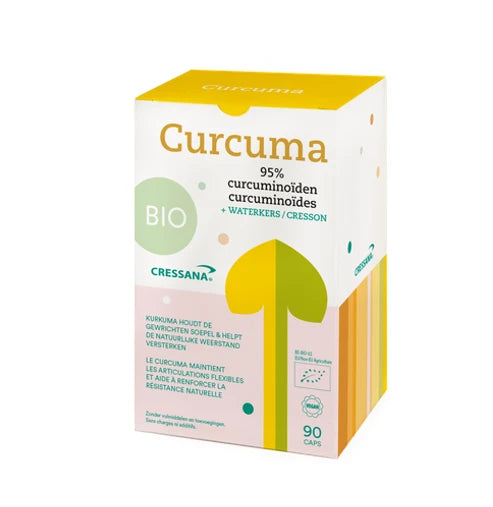For more than a thousand years before Christ, Greek generals fed their troops with watercress to strengthen their endurance. The famous Greek physician Hippocrates, father of classical medicine, had a clinic built 400 years BC near water sources where watercress was intensively grown. The vegetable was used to cure various diseases. In ancient Egypt, the vegetable also gained great fame as a health product. Traces of this wisdom can also be found in our more recent history.
In 1581, the Antwerp botanist Matthias De Lobel wrote in his herbal book about the effects of watercress and a variety of applications. The famous Mechelen herbalist Dodoens described in 1618 the beneficial effect of watercress for specific conditions and complaints. From the seventeenth century onwards, numerous authors describe the beneficial effects of this plant.
Over the last twenty years, the herb has increasingly attracted the attention of important scientific institutions. The regulatory and protective effect in particular are part of their research.
This content is subject to the terms of use .




